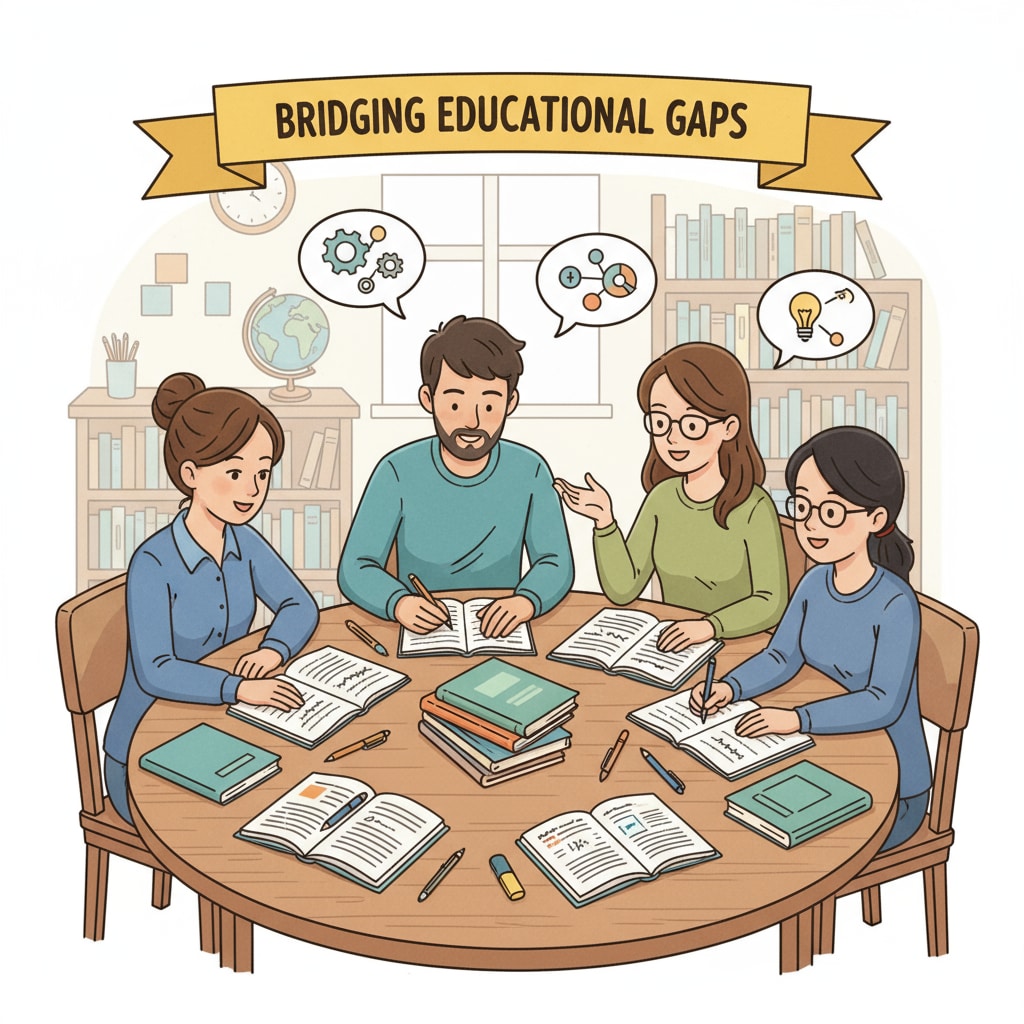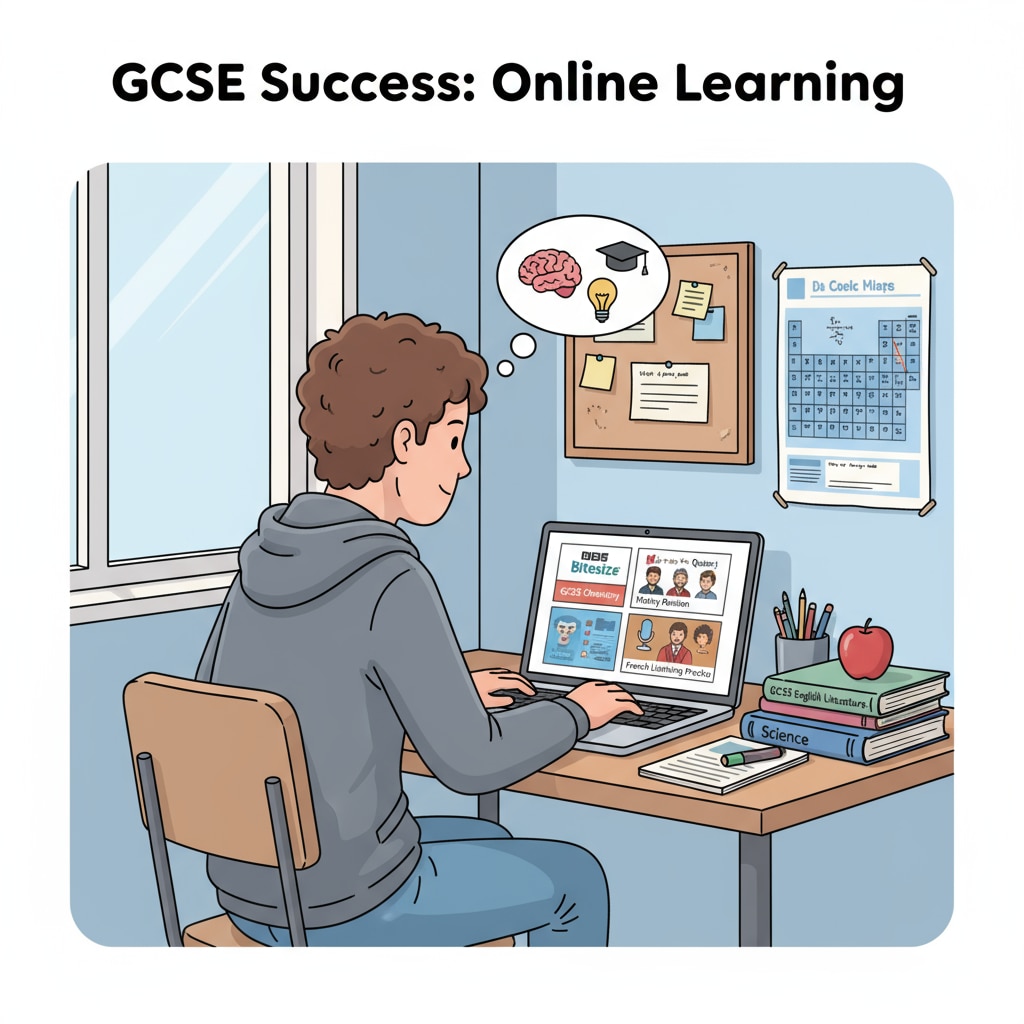For teenagers who have experienced educational gaps, the journey to getting back on track and preparing for GCSE exams can seem daunting. However, with the right self-study resources and a well-planned approach, it is entirely achievable. This article will explore how these young individuals can leverage various resources and strategies to catch up with their peers and succeed in their GCSEs.

Understanding the Educational Gap
First and foremost, it’s crucial to assess the extent of the educational gap. This could be due to various reasons such as illness, family issues, or other unforeseen circumstances. By identifying what has been missed, students can create a more targeted plan. For example, if a significant portion of a particular subject like mathematics has been missed, they can focus on building those fundamental concepts first. According to Britannica, understanding the root cause of the gap is the first step in formulating an effective learning strategy.
Finding Reliable Self-Study Resources
In the digital age, there is a wealth of self-study resources available. Online platforms such as BBC Bitesize offer comprehensive study materials tailored for GCSE subjects. These resources include interactive lessons, quizzes, and revision guides. Additionally, textbooks can be a great asset. They provide in-depth knowledge and examples. Libraries often have a wide range of GCSE-level textbooks that students can borrow for free. Another valuable resource is educational YouTube channels. Channels like Khan Academy cover a vast array of topics in an engaging and easy-to-understand manner. Wikipedia’s page on self-education also lists many useful resources for independent learners.

Once the resources are gathered, it’s time to create a study plan. A well-structured plan helps in organizing study time effectively. Allocate specific time slots for each subject, focusing more on the areas where the educational gap is more significant. For instance, if science is a weak area, set aside more time for it. Break down the study sessions into smaller, manageable chunks to avoid burnout. Regular breaks are also essential to maintain focus. Consistency is key when following the study plan.
Finally, it’s important to stay motivated throughout the process. The road to catching up after an educational gap can be long and challenging. Set small, achievable goals for yourself. When you reach these goals, reward yourself. Surround yourself with positive influences, such as joining study groups or discussing your progress with a supportive friend or family member. Remember, every small step counts towards achieving your GCSE goals.
Readability guidance: Short paragraphs and lists are used to summarize key points. Each H2 section has a list or clear advice. Passive voice and long sentences are kept to a minimum. Transition words are used throughout for better flow.


